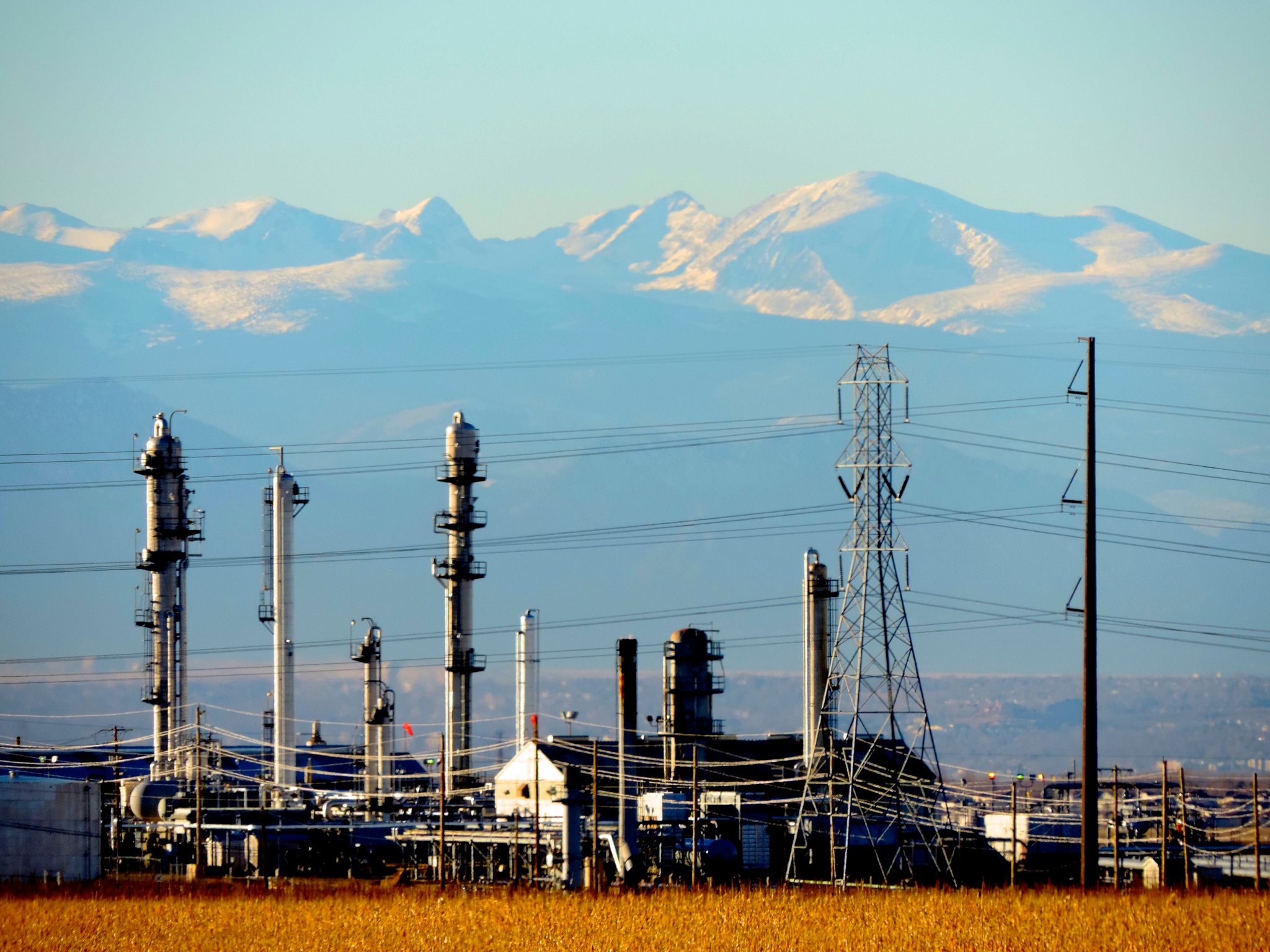Environmental Justice
CFI’s Colorado Climate Change Website
In Colorado, we are already experiencing climate change in the form of rising temperatures, declined snowpack, widespread droughts, and intense wildfires. Having financial resources to adapt and respond to these impacts is essential.
Tax and fiscal policy have the potential to raise the required resources for investments in mitigation and adaptation to climate change while also compensating historically marginalized and disproportionately impacted communities who have suffered from environmental injustices in the past.
CFI works to research, analyze, assess, and engage in strategic fiscal policies that promote smart natural resource management. Our aim is to ensure all people have an opportunity to participate in decisions that affect their environment and that their community concerns are appropriately considered in public policy decisions. To conserve Colorado’s natural resources for future generations, Colorado must implement dynamic and innovative public policies designed to foster comprehensive, specific, and accountable environmental justice and natural resource management to keep our state beautiful.
Check out our Colorado Climate Change Website to view more of our original research, findings, and interactive maps – www.coloradoclimatechange.com
Below are actions the State of Colorado is currently taking to address climate change. We engage with each of these actions and use research to advocate for tax and economic policy that puts equity and justice at the forefront of Colorado’s road to a sustainable future.
Colorado’s Greenhouse Gas Pollution Reduction Roadmap

Released on January 14th, 2021 by the Governor’s Office, the Greenhouse Gas Pollution Reduction Roadmap is a plan that lays a pathway to reduce greenhouse gas emissions in Colorado that meet science-based climate targets by 2050 from 2005 levels that were part of House Bill 19-1261 Climate Action Plan to Reduce Pollution. This plan has near and long–term actions that the current administration is working on to lower Colorado’s greenhouse gas emissions. You can read a summary of the roadmap here.
The Climate Equity Framework

The Climate Equity Framework is an array of equity considerations the state can use in the greenhouse reduction policy-making process. This framework came into being as a response to requirements dictated by state statute as well as to address pressing concerns surrounding climate change and economic and racial justice. To learn more about the framework and the data behind it you can visit CDPHE’s Climate Equity Data Viewer.
If you would like to give feedback on the framework, you can do so here.
Colorado’s Energy Plan

In 2016, Xcel Energy submitted a plan to retire two coal fired power plants in Pueblo, Colorado, and replace them with renewable energy sources primarily wind and solar. The plan deemed the Colorado Energy Plan, part of Xcel’s Electric Resource Plan, is currently under consideration by the Colorado Public Utilities Commission (PUC).
Colorado Energy Plan Fact Sheet
Resources
The Economic Impact of Our Renewable Energy Future
Health Impact of Colorado’s Renewable Energy Future
Severance Tax

Colorado levies a special excise tax on natural resource extraction within the state. Severance tax is applied to natural resources (coal, oil, and natural gas) as they are severed from the earth. The goal of severance tax is to recoup a portion of the value that is irrevocably lost to the state. The severance tax rate in Colorado 2 to 5 percent on a graduated scale.
Severance tax revenue funds programs supported by the Colorado Department of Natural Resources including:
- Low Income Housing Energy Assistance Programs (LIHEAP)
- Wildfire Reduction
- Watershed Restoration
- Water Supply Reserves
- Species Conservation
The revenue also supports Department of Local Affairs grant programs and distributes a portion back to local governments.

